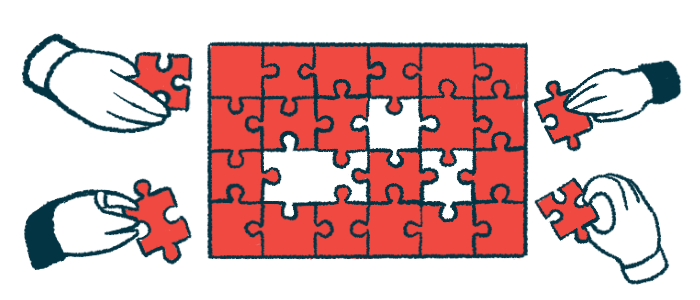Rare disease advocacy groups selected to collect patients’ data
NORD names 4 to use IAMRARE platform to create patient-powered studies
Written by |

Four rare disease advocacy groups have been chosen by the National Organization for Rare Disorders (NORD) to take part in IAMRARE, a program that will help them launch their own patient-powered natural history studies.
Rare diseases, including cold agglutinin disease (CAD) often are poorly understood, and there may be limited data available on their natural history, or how they progress over time.
With guidance from NORD, the groups will use the IAMRARE mobile-friendly, cloud-based platform to enter, combine, and organize data reported by patients in a consistent way.
These data then will be included in the Rare Disease Cures Accelerator–Data and Analytics Platform (RDCA-DAP), an integrated database that intends to gather and standardize data from rare disease patients, and make it available to researchers.
RDCA-DAP is a collaborative effort by NORD and the Critical Path Institute (C-Path), and it is supported by a grant from the U.S. Food and Drug Administration for public-private partnerships.
By looking at the data, researchers can identify unmet needs and gain insights into how rare diseases progress over time, which can inform the development of new treatments and improve patient outcomes.
“These studies will allow RDCA-DAP to expand its reach into new and emerging rare disease areas and also supplement existing disease areas within the platform to enhance the potential for cross diseases analyses and learning,” Pamela Gavin, executive vice president for NORD, said in a press release.
“This foundational work is core to NORD’s mission of advancing research to ensure that every person living with a rare disease can achieve their best health and well-being,” Gavin added.
Two of the four groups are CureARS, which funds research and supports families of people with rare diseases caused by mitochondrial ARS genes, and FamiliesSCN2A, which advocates for those living with SCN2A-related rare diseases, such as autism or epilepsy.
The two other advocacy groups are: the National Cytomegalovirus (CMV) Foundation, dedicated to educating families, healthcare providers, and people of childbearing age about congenital cytomegalovirus, a condition that can put children at risk for, among other things, deafness, blindness, cerebral palsy or developmental disabilities; and the Recurrent Respiratory Papillomatosis (RRP) Foundation, which advocates toward non-surgical options for the treatment of RRP.
These organizations have been selected from among many other rare disease advocacy groups that have applied for this opportunity based on their readiness to begin collecting data, their ability to carry out their mission and achieve their goals.
Any organization interested in sharing data about rare diseases and wants to learn more, can may contact RDCA-DAP.





